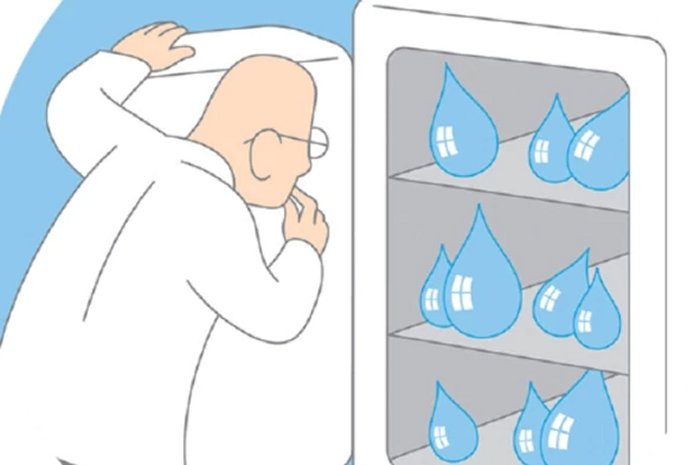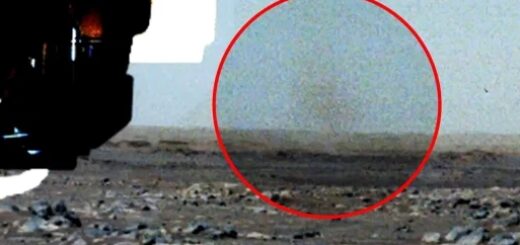Large Bank With Frozen Tears Will Help To Unravel The Mystery Of Why We Cry
A researcher will build a huge bank filled with frozen human tears.
When you first hear about this idea, it may sound very odd and even pointless, but the collected tears will serve as valuable researcher material for scientists around the world.

Behind this idea, we find Professor Noam Sobel, of the neurobiology department and the Azrieli Center for Human Brain Imaging, Weizmann Institute of Science, in Rehovot, Israel.
Crying is a way of expressing emotions, but Professor Sobel points out that there is no functional explanation for the phenomenon of tears. It’s not clear what purpose they serve.
Building a giant bank with froze tears will help scientists to unravel the mystery why we cry.
Scientists will get access to tears by age and gender from the cryogenic repository. Male and female tears will be stored differently.
In 2011, Professor Sobel discovered that women’s tears contain pheromones that lower the testosterone levels of nearby men.
Unfortunately, it has not been easy to continue the research because the molecules easily degrade.
Hopefully, scientists will be able to determine why tears affect mood or appetite. Do the tears of men and women differ? How do emotional and non-emotional tears—from, say, cutting onions—compare?
Collecting the salty drops is tedious and finding donators is by no means easy. One of the problems is that the collected tears must be fresh to be properly analyzed, which is why tear bank can be of great value in the future.
To keep the chemical composition of tears intact, Professor Sobel and his team have developed a way to systematically freeze the droplets. The method involves liquid nitrogen, which rapidly lowers the temperature of a sample below −80 degrees Celsius. The process preserves most of the tears’ chemicals, the researchers said.
Blood banks and urine banks are already available to scientists and soon there will be a biobank of tears. This will save time because scientists will no longer need to spend months collecting tears to new research.



 Creators of mankind
Creators of mankind Description of “Tall white aliens”
Description of “Tall white aliens” Where they came from?
Where they came from? About hostile civilizations
About hostile civilizations The war for the Earth
The war for the Earth “Tall white aliens” about eternal life
“Tall white aliens” about eternal life Video: “Nordic aliens”
Video: “Nordic aliens” Aliens
Aliens Alien encounters
Alien encounters The aliens base
The aliens base UFO
UFO Technology UFO
Technology UFO Underground civilization
Underground civilization Ancient alien artifacts
Ancient alien artifacts Military and UFO
Military and UFO Mysteries and hypotheses
Mysteries and hypotheses Scientific facts
Scientific facts


















